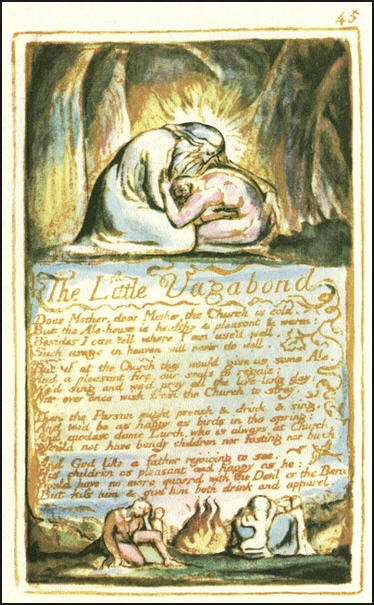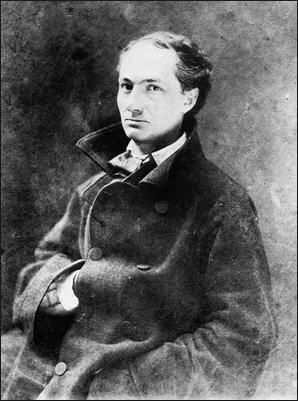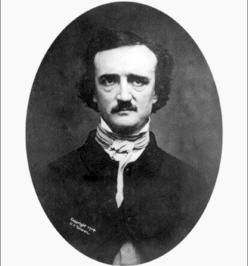
Today is Election Day, so I figured it would be appropriate to write about something political. I had seen this play performed this past summer and really enjoyed it. I found its themes of political opposition and the manipulation of public opinion to be relevant to modern American politics.
Before I get into the politics of this play, I figured I’d touch on a couple things that I feel are important. Firstly, while this is a tragedy, only one person dies: Coriolanus. I sort of expect a stage full of carnage in a good Shakespearean tragedy, but that’s not the case here. As far as his tragic flaw, his main flaw is his pride, a somewhat hackneyed flaw in my opinion, but it fits. He is also a poor communicator, which is a problem for anyone playing the political game. Finally, I have to mention his relationship to his mother. Freud would have a field day with this. He addresses his mother with reverence while calling his wife “woman.” Pleasing his mom seems to be Coriolanus’ chief motivator throughout the entire play. One could certainly write an entire post on this mother/son relationship, but I will leave that to someone else.
OK, now on to the politics.
I constantly marvel at people’s ability to forget the past and change their views based upon the latest media hype. I confess that I thought this was a modern issue and the result of diminished attention span; but it seems that this was the case in Shakespeare’s day also. As the scheming tribunes Brutus and Sicinius consider Coriolanus’ recent popularity and the likelihood of his election as consul, Sicinius points out how easy it is to sway public opinion.
Sicinius:
Doubt not
The commoners, for whom we stand, but they
Upon their ancient malice will forget
With the least cause these his new honours, which
That he will give them make I as little question
As he is proud to do’t.
(Act II, scene i)
The two then discuss how to manipulate the public’s opinion of Coriolanus by implying that he does not care about them, that he is full of pride and a tyrant, and that he will ultimately take away their freedoms. This is exactly the type of partisan hyperbole used by each political party to rally voters.
Brutus:
So it must fall out
To him or our authorities. For an end,
We must suggest the people in what hatred
He still hath held them; that to’s power he would
Have made them mules, silenced their pleaders and
Dispropertied their freedoms, holding them,
In human action and capacity,
Of no more soul nor fitness for the world
Than camels in the war, who have their provand
Only for bearing burdens, and sore blows
For sinking under them.
Sicinius:
This, as you say, suggested
At some time when his soaring insolence
Shall touch the people–which time shall not want,
If he be put upon ‘t; and that’s as easy
As to set dogs on sheep–will be his fire
To kindle their dry stubble; and their blaze
Shall darken him for ever.
(Act II, scene i)
When Coriolanus must face the populace and the accusations of the tribunes, his mother offers him some advice.
Volumina:
I prithee now, sweet son, as thou hast said
My praises made thee first a soldier, so,
To have my praise for this, perform a part
Thou hast not done before.
(Act III, scene ii)
Shakespeare draws a comparison between acting and politics. In both, one is on a stage, performing a part for the public. In fact, there is even a term for this, “Political Theater,” which is defined as actions by politicians intended to make a point rather than accomplish something meaningful.
In modern American politics, pitting the rich against the poor is common political practice. On one side, the rich are told they should have disdain for the poor, who are depicted as lazy and seeking only to live off the wealth which they worked hard for. Conversely, the poor are told that the rich are nothing but a bunch of greedy money-grabbers seeking to exploit them. It appears that this type of divide was also exploited by politicians in Shakespeare’s time to manipulate the public.
Sicinius:
Bid them all home; he’s gone, and we’ll no further.
The nobility are vex’d, whom we see have sided
In his behalf.
Brutus:
Now we have shown our power,
Let us seem humbler after it is done
Than when it was a-doing.
Sicinius:
Bid them home:
Say their great enemy is gone, and they
Stand in their ancient strength.
(Act IV, scene ii)
As is often the case, political games and craft have a tendency to backfire.
Menenius:
‘Tis true:
If he were putting to my house the brand
That should consume it, I have not the face
To say ‘Beseech you, cease.’ You have made fair hands,
You and your crafts! you have crafted fair!
Cominius:
You have brought
A trembling upon Rome, such as was never
So incapable of help.
Both Tribunes:
Say not we brought it.
(Act IV, scene vi)
As I read this, I could not help but think about the mess in the Middle East. For years the US has been involved in that conflict, offering support to whichever faction seems to be more aligned to our political stance. The results of this policy has been disastrous, to say the least. Yet, our political leaders continue to make the same mistakes and play the same political games.
As members of a democracy, we have a responsibility to educate ourselves on the issues that affect our society and the world around us, and to make decisions based upon our views. It is important that we do not fall victim to the manipulation of political factions who seek only to wrest control of power from the other side. Regardless of which political side you lean towards, you should avoid buying in to the propaganda that is shoveled our way by political action groups on either side.
Thanks for taking the time to read my post, and if you are an American citizen, go out and vote today.













You must be logged in to post a comment.